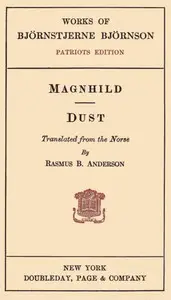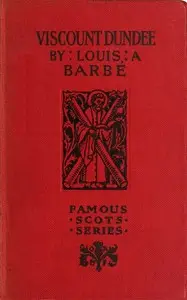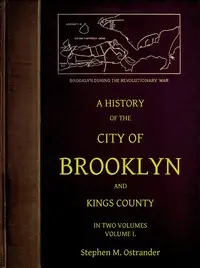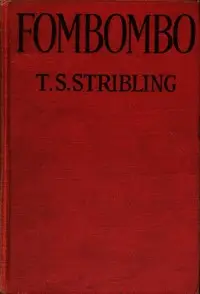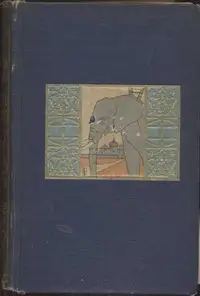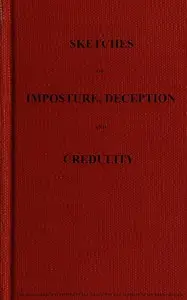"In God's Way: A Novel" by Bjørnstjerne Bjørnson is a literary fiction work written in the late 19th century." The story delves into themes of childhood, morality, and the complexities of human relationships. It primarily revolves around two boys, Edward Kallem and Ole Tuft, navigating their school life, the influence of societal expectations, and personal aspirations. "The opening of the novel introduces readers to a vivid setting marked by a recently ended storm." A fourteen-year-old boy, Edward Kallem, stands on a hillside, grappling with both awe and fear as he observes the tumultuous sea and reflects on a prophecy of the world's end. The narrative begins to explore the boys' lives as Edward becomes curious about Ole Tuft, a diligent peasant boy who has taken to caring for the sick in a fishing village. As Edward confronts the mixed feelings of admiration and envy towards Ole's noble endeavors, hints of turmoil in their school relationships emerge. This initial chapter sets the stage for a deeper exploration of their moral dilemmas and the challenges they will face. (This is an automatically generated summary.)

In God's Way: A Novel
By Bjørnstjerne Bjørnson
"In God's Way: A Novel" by Bjørnstjerne Bjørnson is a literary fiction work written in the late 19th century." The story delves into themes of childho...
Bjørnstjerne Martinius Bjørnson was a Norwegian writer who received the 1903 Nobel Prize in Literature "as a tribute to his noble, magnificent and versatile poetry, which has always been distinguished by both the freshness of its inspiration and the rare purity of its spirit". The first Norwegian Nobel laureate, he was a prolific polemicist and extremely influential in Norwegian public life and Scandinavian cultural debate. Bjørnson is considered to be one of the four great Norwegian writers, alongside Ibsen, Lie, and Kielland. He is also celebrated for his lyrics to the Norwegian national anthem, "Ja, vi elsker dette landet". The composer Fredrikke Waaler based a composition for voice and piano on a text by Bjørnson, as did Anna Teichmüller.






